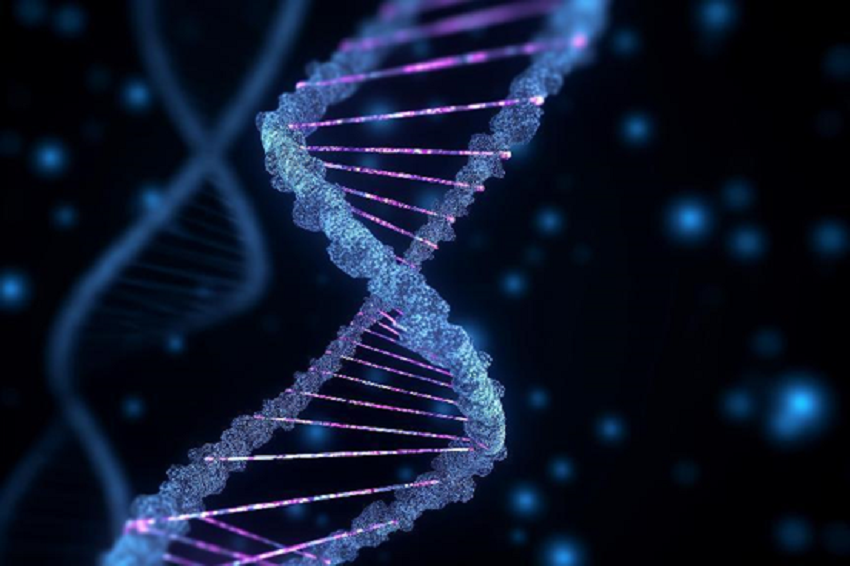您好!很高兴为您提供一对一的专属咨询。
请问有什么可以帮您?
冻卵的流程和价位是什么?


In recent years, with the acceleration of life pace and the delay of childbearing age, more and more couples are facing fertility challenges. In this challenging time, egg freezing and IVF technology have become effective means to address fertility difficulties. However, the success of IVF is not always smooth sailing, with one key factor being the embryo implantation process. So, how do embryos implanted after IVF transfer attach to the uterus?
The embryo implantation process in IVF is a complex and miraculous journey. During the first 1 to 2 days after IVF transfer, the embryo floats in the uterus, absorbing nutrients, dividing cells continuously, and gradually developing into a blastocyst. Then, from days 3 to 7, the blastocyst begins to search for a suitable location and implants itself into the uterine wall, a process known as implantation. It's worth noting that the process of embryo implantation generally takes 3 to 5 days, but individual differences may lead to variations. At this stage, the embryo is tiny, making it difficult to observe even through ultrasound. To confirm whether the embryo has successfully implanted, a pregnancy test using a test kit is usually conducted 12 days after the transfer, while a more accurate result requires a hospital blood test on the 14th day after the transfer.
To facilitate successful embryo implantation, the following points are worth noting:
1. Balanced diet and folic acid supplementation: During preconception and IVF treatment cycles, women should maintain a balanced diet, avoid picky eating, and supplement micronutrients such as folic acid and vitamin D to improve their physical fitness.
2. Intake of high-protein foods: Adequate protein intake helps promote bodily functions, accelerate metabolism, enhance immunity, and contribute to the normal development of embryos.
3. Maintain a healthy lifestyle: Quit smoking and drinking, reduce caffeine intake, engage in moderate exercise, maintain physical and mental health, all contribute to improving the embryo implantation rate.
4. Maintain a positive mood: A positive and optimistic attitude helps increase the chances of conception. In addition to personal stress release, family support and understanding are also crucial. Minimizing psychological stress is beneficial for embryo implantation.

Nurturing new life is a journey full of anticipation and hope, requiring efforts from both partners to maintain a good physical and mental state. If you have any questions or need assistance regarding egg freezing and IVF, please feel free to contact us. Currently, IVF USA offers services such as egg freezing and IVF in the United States for those in need, and our services have expanded to include IVF and egg freezing in Japan, Thailand, as well as other regions outside the United States like Mexico, Taiwan, and Hong Kong, collaborating closely with top IVF doctors worldwide. Our professional team is dedicated to providing you with professional consultation and assistance to help you realize your dreams.